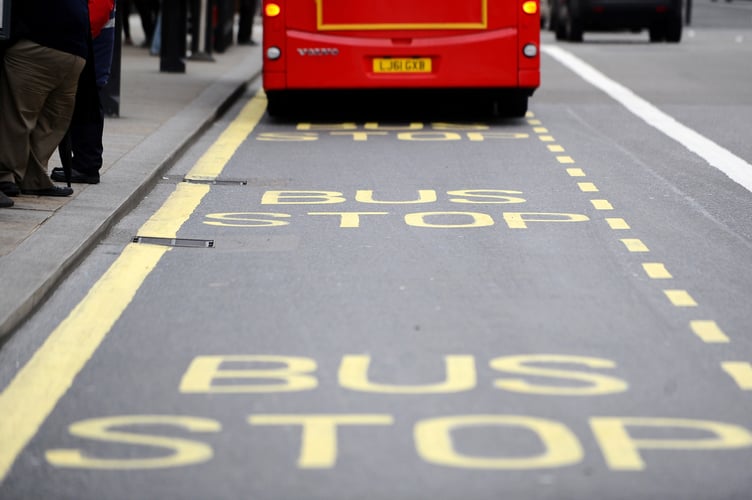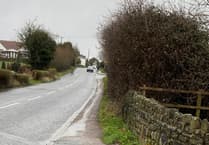The number of miles covered by bus services in Gloucestershire has fallen by a fifth over the last decade, new figures show.
It comes as bus services across England have been cut severely over the same time period.
The Campaign for Better Transport said declining bus provision is "disappointing" and called for a long-term funding strategy.
Department for Education figures show bus companies in Gloucestershire provided 9.1 million miles of services in the year to March – down from 9.5 million the year before.
In 2012-13, 11.5 million miles were provided, meaning bus coverage has been cut by 21% over the last decade.
Nationally, the total length of bus routes has fallen by 21%, from 1.3 billion miles in 2012-13 to 1 billion last year.
Silviya Barrett, director of policy and research at the Campaign for Better Transport, said declining bus provision is "disappointing".
She said: "We hope that recent funding allocations will reverse this trend and we will see an increase, as we have with local authority-supported services.
"But ultimately the way buses are funded must change – a long-term strategy is needed to ensure all regions have a decent level of bus provision and no place is left behind."
The figures also show people across the country are returning to buses, but fewer journeys are being taken than before the coronavirus pandemic.
Some 3.4 billion journeys were completed last year – up from 2.8 billion the year before, but below the 4 billion taken in the year to March 2020.
Meanwhile, residents in Gloucestershire took 12.6 million bus journeys in the year to March – up from 11.5 million the year before.
However, this remained below pre-pandemic levels, when 17.2 million journeys were taken.
The Government introduced a £2 cap on fares across England earlier this year – a move previously trialled by Cornwall Council.
It has led to the area being the only one in England with comparable data where people took more bus journeys last year than before the coronavirus pandemic.
Ms Barrett said: "Since the pandemic dip, people are getting back on buses in their droves.
"The national £2 fare cap is boosting passenger numbers, and we’re seeing many local authorities going the extra mile to support buses."
"Cheaper fares and increased provision are putting the brakes on bus decline," she added.
A Department for Transport spokesperson said: "Buses are our most popular form of public transport and play a vital role in connecting communities, but passenger numbers remain down nearly 12% on pre-Covid levels.
"To keep essential routes running and encourage people back onto buses, the Government has invested over £3.5 billion since 2020, and by using funding redirected from HS2, we have also extended the £2 bus fare cap until the end of 2024 thanks to our Network North plan."




